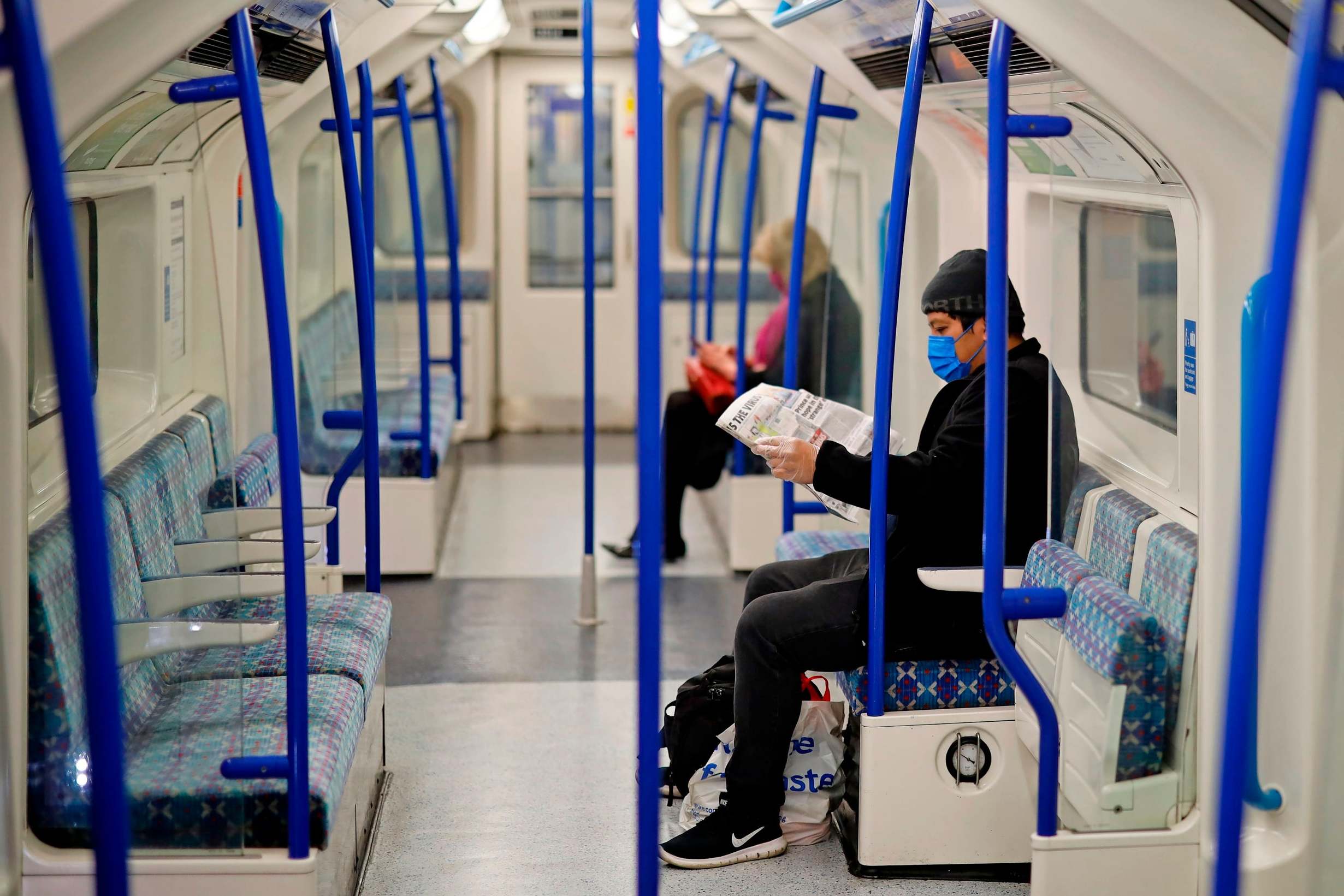Your support helps us to tell the story
From reproductive rights to climate change to Big Tech, The Independent is on the ground when the story is developing. Whether it's investigating the financials of Elon Musk's pro-Trump PAC or producing our latest documentary, 'The A Word', which shines a light on the American women fighting for reproductive rights, we know how important it is to parse out the facts from the messaging.
At such a critical moment in US history, we need reporters on the ground. Your donation allows us to keep sending journalists to speak to both sides of the story.
The Independent is trusted by Americans across the entire political spectrum. And unlike many other quality news outlets, we choose not to lock Americans out of our reporting and analysis with paywalls. We believe quality journalism should be available to everyone, paid for by those who can afford it.
Your support makes all the difference.Labour has urged the government to "categorically rule out" a campaign force people back into offices during the pandemic, amid reports that one is set to be launched next week.
Cabinet minister Grant Shapps told workers it is "now safe to go back", ahead of the roll-out of adverts emphasising the benefits of a return to workplaces.
The public information campaign comes as the UK reported its highest daily number of new coronavirus cases since 12 June on Thursday, with 1,522 confirmed positive results.
However the government's push, thought to be driven by concern for businesses near offices, appears to contradict aspects of previous statements by its medical advisors.
Chief medical officer Chris Whitty said at the end of July that the UK had reached the limit of what it could open up without risking a return of the virus, and experts have suggested that some restrictions could even return to allow schools to go back.
Labour's shadow business minister Lucy Powell said: "It beggars belief that the Government are threatening people like this during a pandemic. Forcing people to choose between their health and their job is unconscionable.
"Number 10 should condemn this briefing and categorically rule out any such campaign."
The warning comes as a YouGov poll shows the public largely support continued home working, with 47 per cent saying people should not be pressured to return to the office and 31 per cent saying they should.
Among the country's demographics, only people of pension age, 65 years and older, support unnecessarily sending workers back out when they could simply work from home - by 44 per cent to 35 per cent.
A separate study by academics at Cardiff University and the University of Southampton found that nine out of ten people in the UK who have worked form home during lockdown want to continue doing so.
Working from home as risen from 6 per cent of employees before the start of the pandemic to 43 per cent inA pril. The research found that productivity was broadly stable despite the change. The study questioned a representative sample of 6,000-,7000 workers.
41 per cent say working from home has made no difference to how much work they have got done, while roughly equal parts said they had got more work done or less work done. (29 per cent and 30 per cent respectively).
Professor Alan Felstead said the results suggested there could be a "major shift" from the traditional way workplaces have been organised.
"What is particularly striking is that many of those who have worked at home during lockdown would like to continue to work in this way, even when social distancing rules do not require them to," he said.
"These people are among the most productive, so preventing them from choosing how they work in the future does not make economic sense.
"Giving employees flexibility on where they work could be extremely beneficial for companies as they attempt to recover from the impact of Covid-19."
Report co-author Darja Reuschke, from the University of Southampton, said: "City centre high streets have been hard hit by the pandemic and are likely to remain quiet for some time to come as fewer people return to traditional places of work.
"However, this also provides an opportunity for us to radically rethink our city centres as multi-use places that accommodate different kinds of economic uses and are not built around fast roads that connect workplaces with residences."

Join our commenting forum
Join thought-provoking conversations, follow other Independent readers and see their replies
Comments